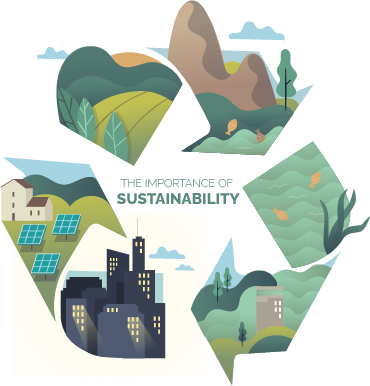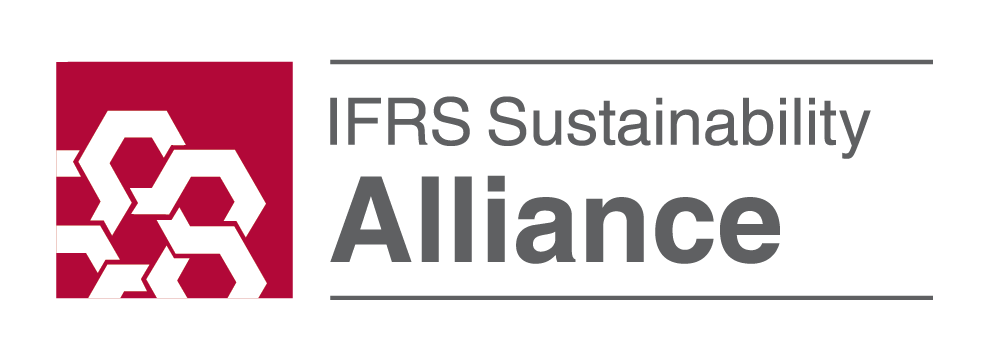For a number of companies, corporate social responsibility (CSR) is still looked upon as a cost center without any significant output. This raises the question if corporate social responsibility is still relevant in this time where companies have to struggle against the global crisis. The answer is “yes”. With a good planned and targeted CSR program, it will provide significant results for the prevention of global crisis and developing a sustainability of the company and a more balanced ecosystem.
There are 2 meanings in the word “global crisis”. “Global” shows the reality that we live in a borderless world (Marshall McLuhan, 1967). That is why the financial crisis which is signaled as coming from the United States has become a global crisis that influences any country in the world. “Crisis” is a condition which is severe. The financial crisis which happens at the moment came at a time when the world was arguing about the environmental crisis. These both crisises asks not only attention from a specific country, but all countries must act. That is the essence of globalization.
The performance of social responsibility on these two crisis is very real and interconnected. In the financial crisis, the company is trying to defend its operations through efficiency in a number of activities. A lot of efficiency can be conducted connected to CSR. Lets say, the concept of 3R (reduce, recycle, reuse), energy efficiency or community development. The concept of 3R clearly indicates the need to reduce a number of needs that are not important, recycling waste which can be used, or reusing waste after being processed. This concept needs clear calculation which will be translated in the waste management approach.
In supporting the reduction of energy use, a few companies have shown its awareness. In the early July edition of SWA magazine they have published a number of companies, one of them is Philips Lighting Indonesia. In the effort of cost efficiency, Hendra Rusmana Liu, the Marketing Manager has stated that the production of energy saving lights is a commitment of the company in the efficiency based innovation. Despite in reality there is a hesitation by the consumers to buy energy saving lights that are more expensive than regular light bulbs, but there is actually a long-term profit. “Regular light bulbs have a lifetime of around 6-7.000 hours, as for energy saving lights can last for around 15.000 hours.
As evidence, the Intercontinental hotel chain has reduced the cost of energy to around Rp 12 billion with the change of energy saving lights.
From the company point of view, product innovation needs a lot of money, and at the end it will be a selling price component. But with constant increase of customer awareness in using energy saving products, this innovation costs could be covered, even a profit could be gained through a positive corporate image creation. This does not only influence energy based companies, but also other environmentally friendly products, such as cosmetics. If this strategic business chain works, then the companies cannot just only respond the financial crisis in a good way, but it can also decrease the environmental crisis. If both crisis can be dealt with, than the company can develop a clear sustainability: The sustainability of the company in conjunction with the sustainability of nature.
Another CSR activity can be considered as a cost center is the community development through training. A lot of companies do these activities as a way to maintain good relations with the society. This activity should be planned as good as possible. Providing proper training according to the company is a way of decreasing the cost in searching potent employees. If this works, than a sense of belonging can be inserted to the local employees. This is also the case with directed training which can develop a society independent economy which can decrease their dependence towards the company, which means social cost saving can be noted.
The achievement of CSR activities is an effort to cope with the financial crisis and the environment. A CSR Professor from London, David Crowther in his new book “The Durable Corporation” said that in managing every corporate activity, including the issue of environment, sustainability is needed which also roots to togetherness. This togetherness refers to individual responsibility and is a base to lead to corporate responsibility which is conducted globally. That is the true meaning of social responsibility.
Published on Bisnis Indonesia, July 15, 2009
By
Mrs. Juniati Gunawan
Lecturer Masters program MM-CSR
Trisakti University






